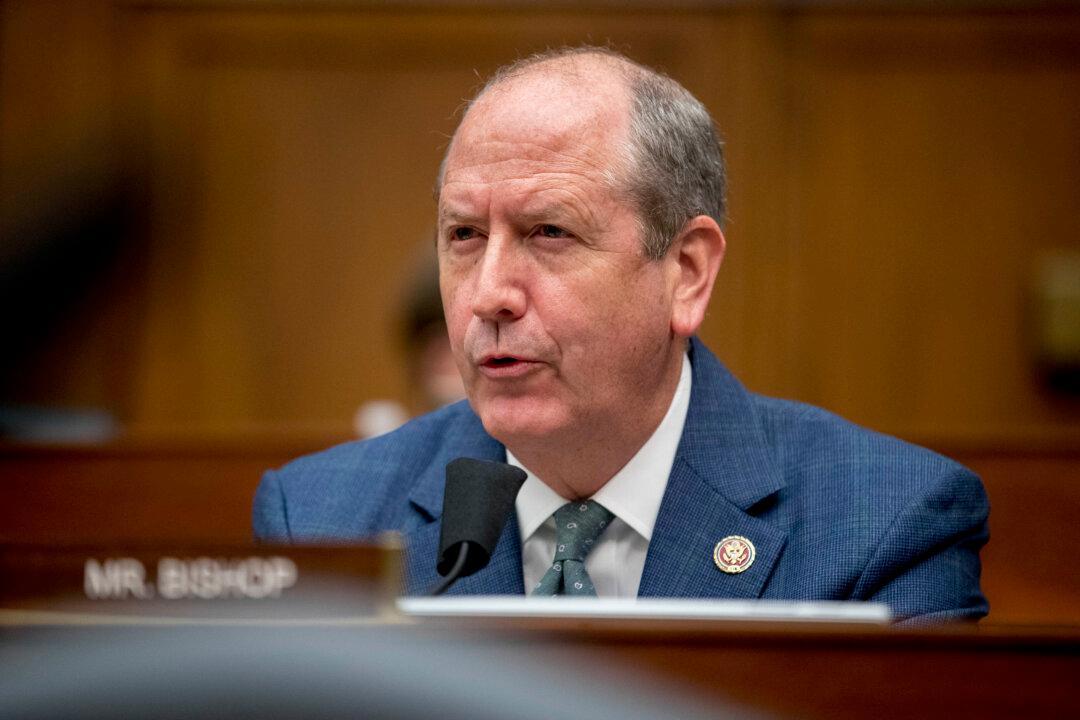Rep. Dan Bishop (R-N.C.) threatened on May 30 to seek an end to Kevin McCarthy’s tenure as speaker of the House were he to go through with his debt ceiling agreement with President Joe Biden.
Bishop is the first one to make this threat.

Rep. Dan Bishop (R-N.C.) threatened on May 30 to seek an end to Kevin McCarthy’s tenure as speaker of the House were he to go through with his debt ceiling agreement with President Joe Biden.
Bishop is the first one to make this threat.